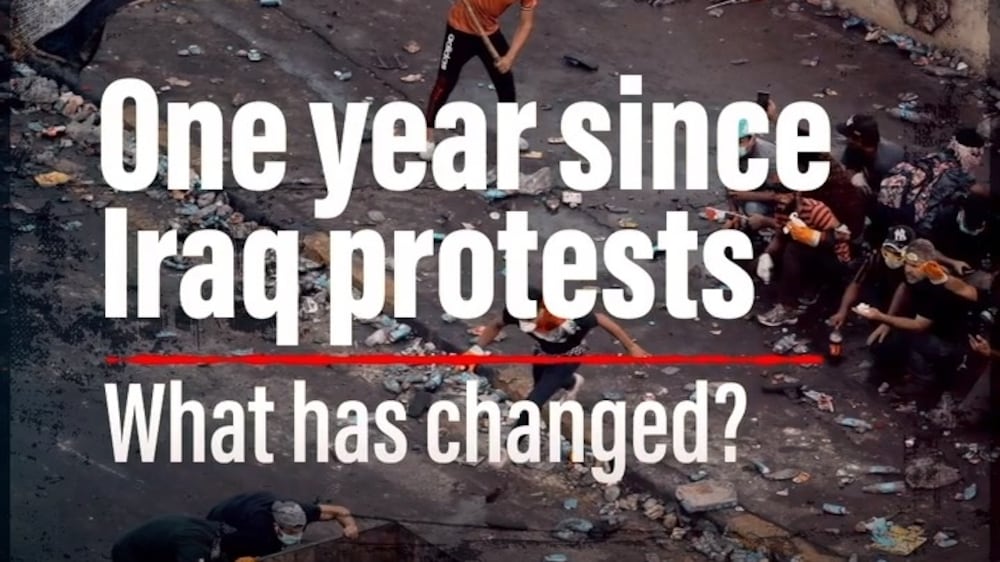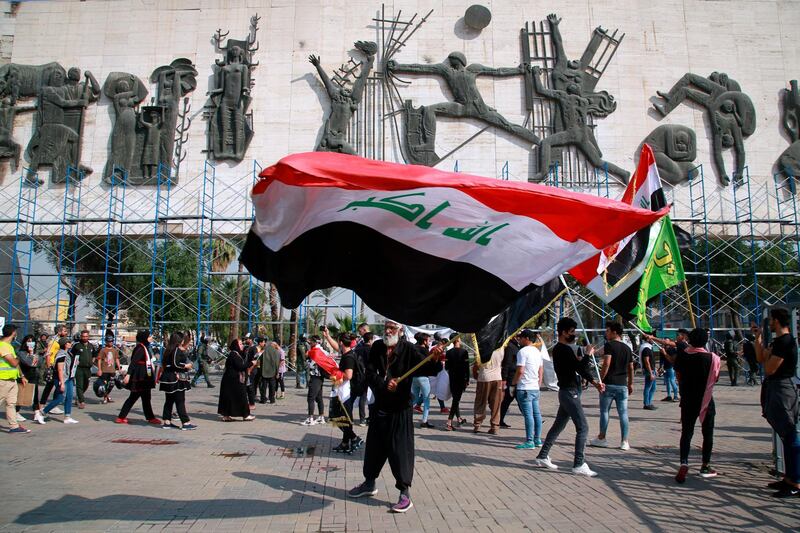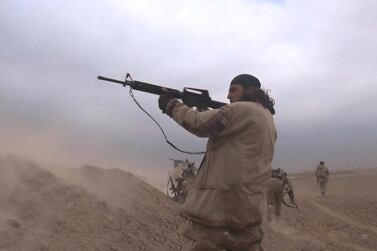Plans by the Iraqi Parliament to debate and approve a controversial cyber-crime draft law unleashed a storm, with activists saying its vague wording threatens freedom of expression.
The Law on Information Technology Crimes was first drafted in 2011 and introduced in 2013, but withdrawn under pressure from local and international non-government organisations.
The draft will be to Parliament again on Monday, legislator Abdul-Khalil Al Azzawi said.
Published on the Parliament website, it addresses a wide range of cyber crimes, but what concerns activists are articles that impose heavy prison sentences and hefty fines against peaceful critics who express themselves online.
One of the articles calls for life imprisonment and fines of no less than 25 million Iraqi dinars (about $21,000) and maximum 50m dinars for anyone who threatens the country’s “independence, unity, safety and its economic, political, military and security interests”.
The same penalty is applied to anyone “disturbing the general peace and security, and defaming the country’s reputation”.
And anyone who “assaults the religious or ethical or family or social or private life principles and values” could face no less than a year in prison and fines ranging from 2m to 5m Iraqi dinars.
The Iraqi Observatory for Press Freedoms in Baghdad expressed concerns over freedom of expression.
Explainer: One year since Iraq protests, what has changed?

On Saturday it spoke of “possible consequences ... amid troubled and unstable political and social circumstances”.
It puts media outlets, journalists and writers at risk, and normal people because it threatens their freedom of expression, the observatory said.
“It will bring a lot of writers, journalists and bloggers before a judge in the event of explaining the published content as a violation,” it said.
The observatory suggests removing articles that could affect the freedom of expression and focusing only on cyber crimes, such as blackmail and theft.
After the toppling of Saddam Hussein’s regime in the 2003 US-led invasion of the country, Iraqis, for the first time in decades, were free to express themselves online and street protests.
The country’s constitution, enacted in 2005, guarantees such freedom.
Since then, Iraqis have criticised political and religious leaders through writing, cartoons and TV shows.
Some journalists, writers and activists have been assassinated by unknown gunmen, while others faced threats, lawsuits or even tribal arbitration.
In October 2019, there were widespread anti-government protests in Iraq that lasted for months before dying down because of the pandemic and heavy-handed crackdowns by security forces and Iran-backed militias.
Up to 600 protesters were killed and thousands wounded.
One means used by the previous government to quell the demonstrators was shutting down the internet to prevent communication and sharing of content between protesters.
“They want to make sure to stifle all critical voices and to restrict freedom of expression,” said activist Hashim Al Jabouri in Baghdad’s Tahrir Square, the heart of October protests, where intermittent demonstrations are still taking place.
“As they know very well by now that shutting down the internet didn’t silence the Iraqi street before, they are trying to move a law that criminalises anyone who criticises their corruption, tyranny and repressive tactics."
Dozens of Iraqis gathered on Saturday outside the Ministry of Higher Education to denounce the law.
One banner portrayed the law as a needle stitching together human lips.
It read: “This law will bring back dictatorship and will silence all critical voices against those in power.”







